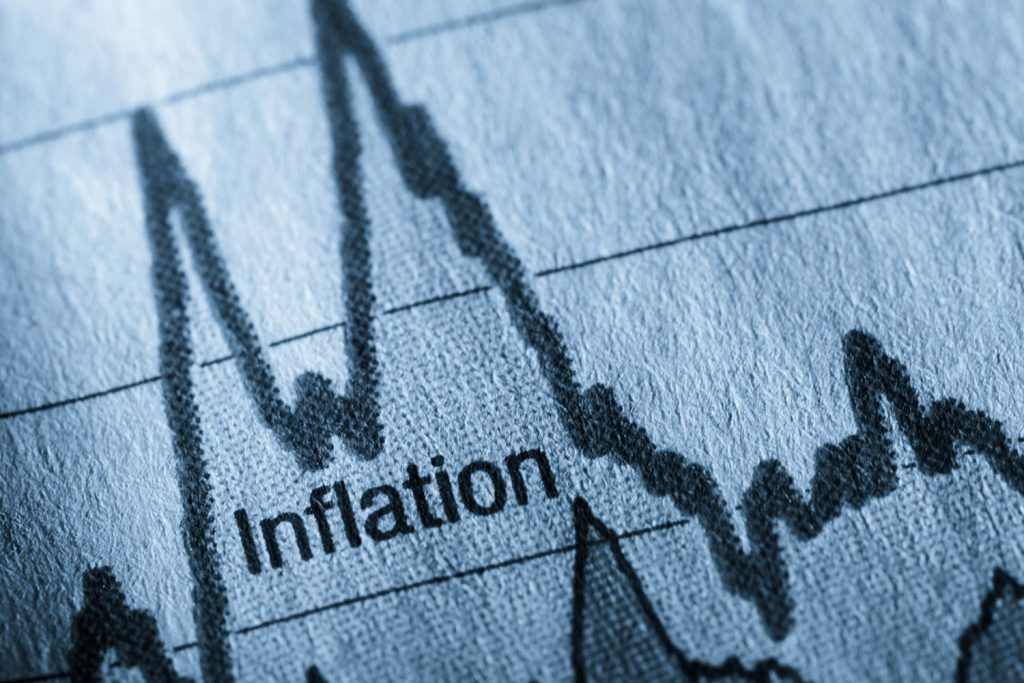Ghana’s inflation continues to decline, drops to 20.9% in July -GSS

According to the Ghana Statistical Service (GSS), consumer inflation rate has continued to decline, reaching 20.9% year-on-year in July, marking the fourth consecutive month of easing economic pressures.
This represents a decrease from June’s 22.8%, signalling a gradual reduction in the inflationary surge that characterized 2023.
In July, food inflation was recorded at 21.5%, slightly higher than the non-food inflation rate of 20.5%. Notably, inflation for imported goods stood at 15.6%, significantly lower than the 23.3% for locally produced items. This trend, which began in April 2024, indicates a consistent cooling of price increases, providing some relief to both consumers and businesses.
The month-to-month inflation growth also slowed, rising by just 2.1% from June to July 2024, down from the 3.2% increase observed in May. This slowdown suggests that inflationary pressures are beginning to ease.
Over the past year, GSS has reported that food inflation has significantly decreased, now about 2.4 times lower than in August 2023. However, food prices still remain slightly higher than non-food items. The disparity between inflation rates for locally produced and imported goods remains notable, with locally produced goods experiencing higher inflation.
Government Statistician, Professor Samuel Kobina Annim, attributed the overall decline in inflation to reductions in both food and non-food categories, highlighting the positive impact on the broader economy.





